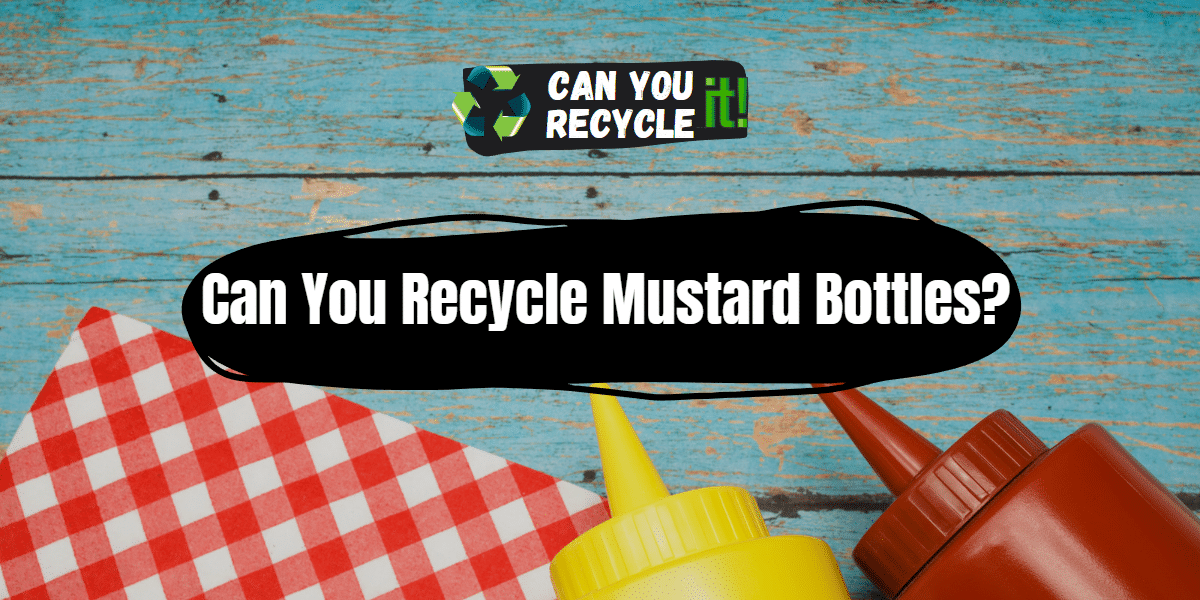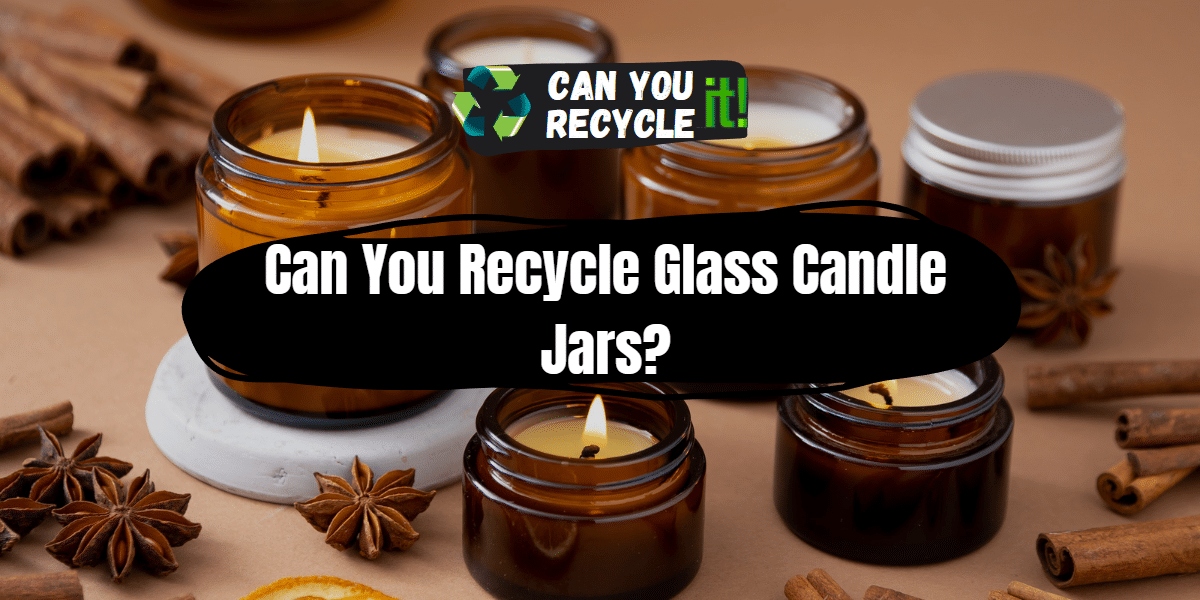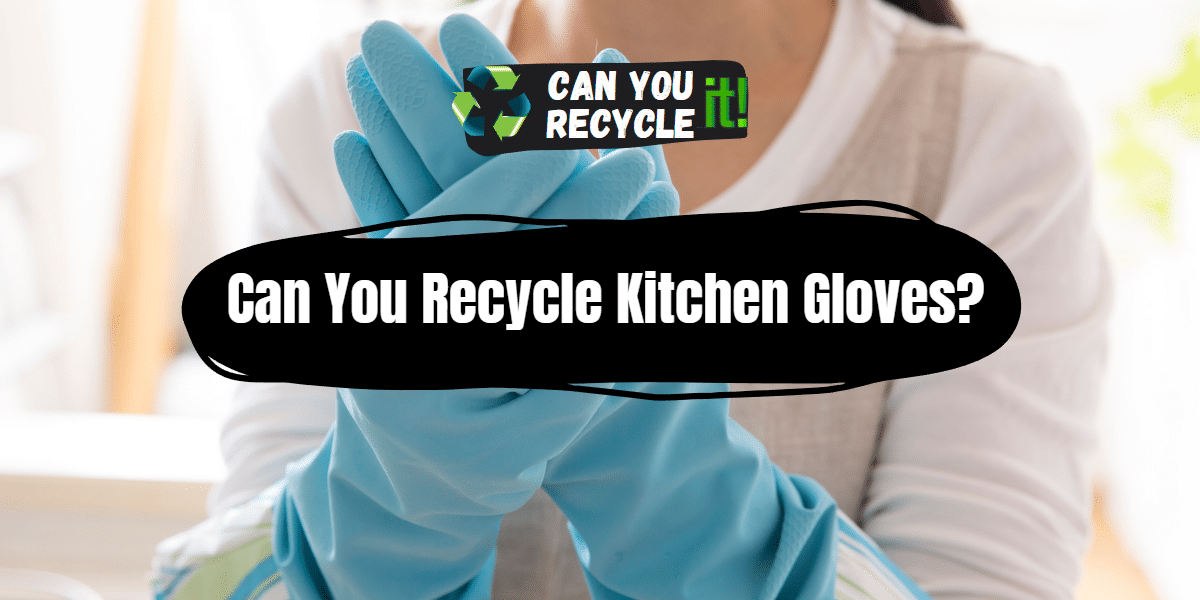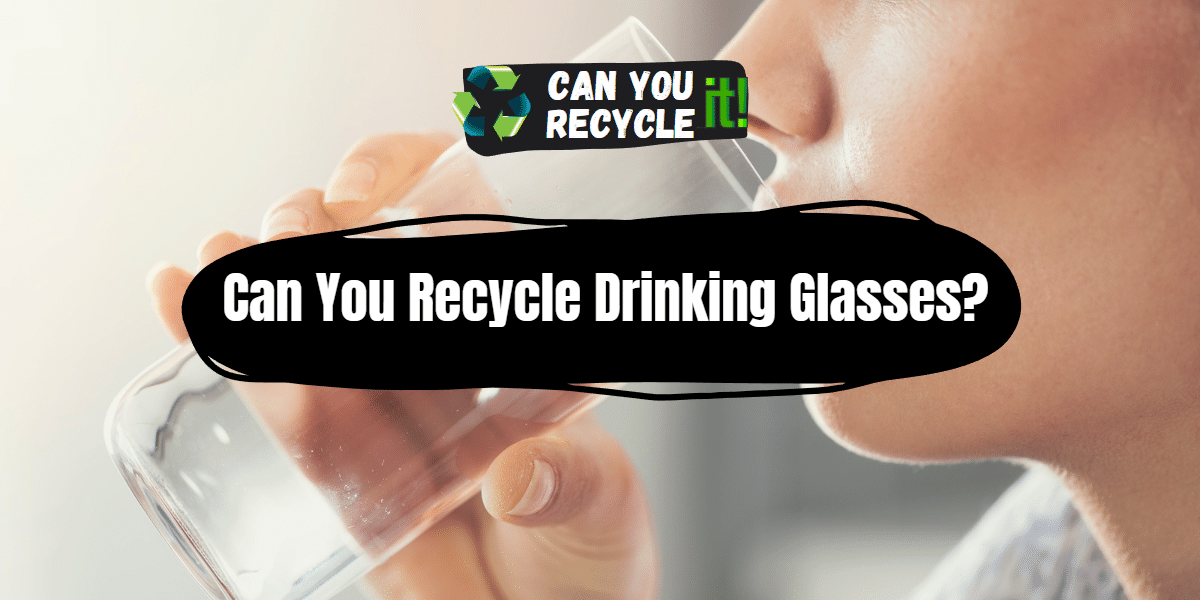Yes, you can recycle mustard bottles. Most mustard bottles are made of plastic, which is generally recyclable. However, checking the recycling guidelines in your local area is essential, as recycling capabilities may vary.
Ensure the bottle is empty and rinse it before placing it in the recycling bin. Removing any labels or caps can also help with the recycling process. By recycling mustard bottles, you can reduce waste and promote sustainability.
In this article, we will explore the dos and don’ts of recycling mustard bottles, provide a step-by-step guide on how to recycle them, discuss alternative options for bottles that cannot be recycled, examine the environmental impact of recycling mustard bottles, answer frequently asked questions, and conclude with some final thoughts on recycling mustard bottles.
Table of Contents
Do’s and Don’ts
When it comes to recycling mustard bottles, here are some dos and don’ts to keep in mind:
Dos
- Empty and rinse: Before recycling, empty the mustard bottle and rinse it to remove residual mustard. This helps prevent contamination and ensures a cleaner recycling process.
- Check local recycling guidelines: Different areas have different recycling capabilities and guidelines. Check with your local recycling center or municipality to understand if they accept mustard bottles for recycling.
- Separate components: If your mustard bottle has a separate lid or pump, separate the components before recycling. Some recycling facilities may have specific guidelines for lids or pumps, so it’s best to check.
- Recycle with plastic containers: Mustard bottles are typically made of plastic, so they can usually be recycled with other plastic containers in your recycling bin.
Don’ts
- Recycle if contaminated: If the mustard bottle is heavily contaminated with mustard or other food residues, it may not be suitable for recycling. In such cases, it’s best to dispose of it in the general waste bin.
- Recycle non-plastic components: If your mustard bottle has non-plastic components, such as metal or glass, they may require different recycling methods. Check with your local recycling center for guidance on recycling these components.
5 Step Guide to Recycle Mustard Bottles
Recycling mustard bottles is a simple process. Follow this five-step guide to recycle your mustard bottles responsibly:
Step 1
Empty and Rinse: Empty the mustard bottle, making sure to use all the contents. Then, rinse the bottle with water to remove any remaining mustard.
Step 2
Remove Non-Plastic Components: If your mustard bottle has non-plastic components, such as a metal lid or glass pump, separate them from the plastic bottle. These components may require different recycling methods.
Step 3
Check Local Recycling Guidelines: Check with your local recycling center or municipality to determine if they accept mustard bottles for recycling. Review their guidelines for plastic recycling and any specific requirements for containers.
Step 4
Recycle with Plastic Containers: If your local recycling center accepts mustard bottles, place them in your recycling bin and other plastic containers. Ensure they are clean and dry before recycling.
Step 5
Explore Alternative Recycling Methods: Consider alternative recycling options if your local recycling center does not accept mustard bottles. Look for specialty recycling facilities or mail-back programs that specifically handle plastic materials.
What to Do with Mustard Bottles That Cannot Be Recycled
In some cases, mustard bottles may not be accepted for recycling due to local recycling limitations or specific guidelines. Here are a few alternative options for mustard bottles that cannot be recycled:
- Reuse for storage: Clean and repurpose the mustard bottles for storing small items like spices, sauces, or craft supplies. They can be helpful to containers in your kitchen, pantry, or workspace.
- Donate or give away: If your mustard bottles are still in good condition, consider donating them to local community organizations, schools, or creative individuals who may find innovative ways to reuse them.
- Check for plastic bag recycling: Some grocery stores or recycling centers accept plastic bags and films for recycling. If your mustard bottle is made of the same type of plastic, it may be eligible for this recycling stream.
Environmental Impact of Recycling Mustard Bottles
- Reduced Waste: Recycling mustard bottles helps to minimize waste in landfills and reduces the need for new plastic production
- Energy Conservation: Recycling requires less energy compared to manufacturing new bottles, leading to reduced greenhouse gas emissions and the conservation of valuable resources.
- Resource Preservation: By recycling mustard bottles, we conserve natural resources such as oil and water used to produce plastic.
- Environmental Protection: Proper recycling of mustard bottles prevents them from ending up in oceans or other natural habitats, reducing pollution and protecting marine life.
- Circular Economy: Recycling mustard bottles promotes a circular economy where materials are reused, reducing the demand for virgin materials and creating a more sustainable system.
FAQs for Can You Recycle Mustard Bottles
Can I recycle mustard bottles with my regular household recycling?
It depends on your local recycling guidelines. Check with your local recycling center or municipality to determine if they accept mustard bottles for recycling.
Do I need to remove the labels from the mustard bottles before recycling?
In most cases, removing labels from mustard bottles before recycling is unnecessary. However, if your local recycling guidelines specify label removal, following those instructions is best.
Are all mustard bottles recyclable?
Mustard bottles made of plastic are generally recyclable. However, specific non-plastic components like metal lids or glass pumps may require different recycling methods. Check with your local recycling center for guidance.
Conclusion and final thoughts 💭
Recycling mustard bottles is a simple and effective way to reduce plastic waste and contribute to a more sustainable future. Remember to empty and rinse the bottles, check local recycling guidelines, and separate any non-plastic components. If recycling is not an option, explore alternative ways to reuse or repurpose the bottles. By making conscious choices and taking small steps, we can all play a part in protecting the environment and creating a greener world.





Leave a Reply